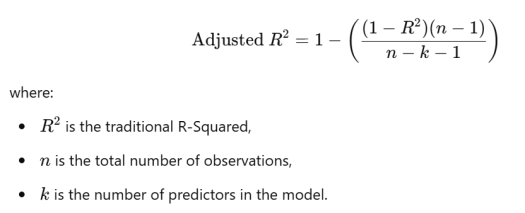For inquiries, visit us:
Facebook Page: Belle’s Residences – Panglao Vacation Homes
Website: Belle’s Residences – Panglao
BOOK NOW VIA AIRBNB
Freedom is a central concept in ethics, politics, and philosophy. It is often regarded as a fundamental human right and a key element of personal autonomy. In ethical terms, freedom is not just the ability to act without interference but also the power to make moral decisions, pursue personal goals, and take responsibility for one’s actions. However, the ethical implications of freedom are complex, as freedom can both empower individuals and create dilemmas concerning how we balance individual rights with the collective good.
Autonomy and Moral Responsibility
At the heart of ethical freedom is the idea of autonomy, or the capacity to make one’s own choices and decisions. Autonomy is often considered a necessary condition for moral responsibility. If individuals have the freedom to make choices, then they can also be held accountable for the consequences of those choices. This is a fundamental assumption in many ethical systems, where the capacity for free will is directly tied to the concept of moral responsibility.
For instance, in deontological ethics, as proposed by Immanuel Kant, moral actions are those performed out of a sense of duty and guided by rational will. Freedom, in this view, is essential because it enables individuals to act according to moral laws or principles, independent of external influences. If a person lacks freedom, they cannot be held morally responsible because their actions would not be freely chosen. Therefore, ethical freedom entails the ability to act in a morally responsible manner, where individuals are accountable for their actions.
The Challenge of Free Will and Consequences
The ethical implications of freedom are also connected to the notion of consequences. With freedom comes the ability to make choices that can have far-reaching effects on others and society. Ethical freedom requires individuals to consider the consequences of their actions. For example, a person may choose to act in a way that prioritizes their own desires without considering the harm it may cause to others. In ethical terms, this raises questions about utilitarianism — whether actions that maximize personal freedom are justified if they cause harm to the greater good.
The tension between individual freedom and the well-being of others is a fundamental ethical dilemma. A society that promotes total freedom may risk allowing harmful actions, such as exploitation or oppression, because individuals can act without constraints. Thus, while freedom is important, it must often be balanced with social responsibility to ensure that the rights and well-being of others are not compromised. This creates ethical challenges in both personal behavior and public policy.
Positive versus Negative Freedom
Philosophers have also differentiated between two types of freedom: negative freedom and positive freedom. Negative freedom refers to the absence of external constraints or interference, the freedom from others’ control. Positive freedom, on the other hand, is the freedom to act in ways that fulfill one’s potential, often requiring access to resources, opportunities, and social conditions that enable individuals to thrive.
The ethical implications of these two concepts are significant. Negative freedom may lead to a view of ethics focused on non-interference, where the state or society should refrain from limiting individual actions. However, this approach can ignore systemic inequalities that prevent people from truly exercising their freedom. In contrast, positive freedom emphasizes the responsibility of society to provide conditions that enable individuals to exercise their autonomy fully, such as access to education, healthcare, and economic opportunities. This view has ethical implications for justice, as it suggests that true freedom is not just about avoiding external interference but also about creating conditions for human flourishing.
Freedom and Social Justice
The relationship between freedom and social justice highlights another ethical implication: how freedom is distributed in society. In societies marked by inequality, the freedom of the wealthy may be very different from the freedom of the marginalized. A commitment to freedom must therefore address issues of distributive justice — ensuring that all individuals have the freedom to pursue their goals, free from oppression and inequality.
The ethical challenge lies in creating a balance between the individual’s freedom to pursue personal goals and the responsibility to contribute to the welfare of society. Freedom can be a powerful force for good, but without ethical boundaries, it can also perpetuate harm. The key ethical question is how to ensure that freedom is exercised in a way that promotes both individual autonomy and the collective good.
In conclusion, the ethical implications of freedom are vast and multifaceted. While freedom is a core value that enables personal autonomy and moral responsibility, it also raises significant ethical challenges related to social justice, the consequences of our actions, and the balance between individual rights and collective well-being. Understanding freedom in ethical terms requires navigating these complexities to ensure that freedom is both a personal right and a social responsibility.


